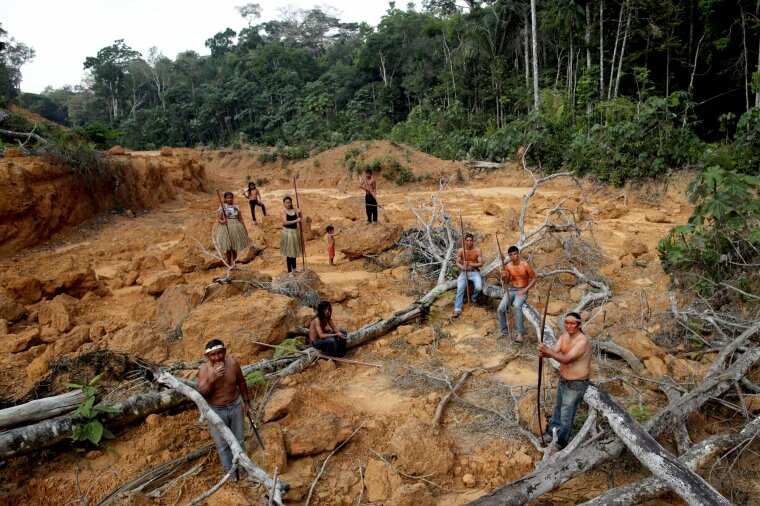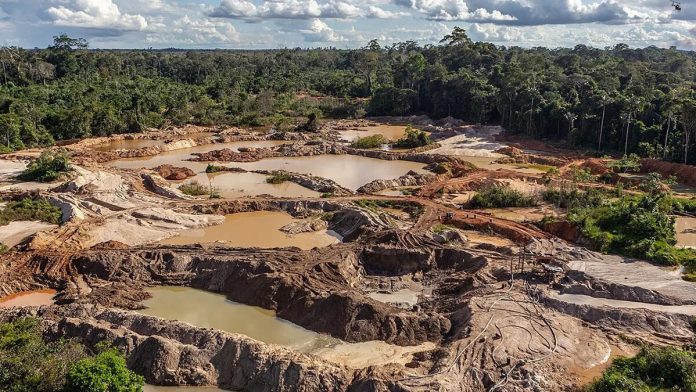Indigenous leaders from 35 nations have raised concerns about the lack of consultation regarding mining activities on or near their territories. This issue has become more pressing due to the growing demand for minerals essential for the transition to cleaner energy sources.
In a recent declaration, these leaders expressed support for the shift away from fossil fuels towards renewable energy. However, they highlighted the failure of the current energy transition to uphold principles of justice, social equity, and environmental sustainability, particularly concerning Indigenous rights and well-being.
The declaration emerged from the Conference on Indigenous Peoples and the Just Transition held in New York, where representatives from countries such as the U.S., Canada, Brazil, Kenya, Australia, and Norway participated.

Minerals like lithium, nickel, cobalt, copper, and aluminum are crucial for renewable energy technologies like batteries and electrical grids, but mining activities have historically caused environmental harm.
The statement also drew attention to the escalating persecution and attacks against Indigenous leaders. It criticized organizations like the International Council of Mining and Metals and the International Seabed Authority for neglecting Indigenous rights.
Research published in the journal Nature Sustainability revealed that around half of energy transition mineral projects are situated on or near Indigenous and subsistence farmer lands.
Ruth Alipaz Cuqui, an Indigenous leader from the Bolivian Amazon, emphasized the need for comprehensive Indigenous participation in the energy transition process to ensure fairness.

Cuqui cited conflicts in Bolivia’s Uyuni region, where local communities oppose water-intensive lithium production. The project, a joint venture between Bolivia and China, has faced opposition from Indigenous communities. Despite this, the Bolivian Ministry of Energy did not respond to inquiries.
The conference was organized by Indigenous Peoples Rights International, with support from organizations like Nia Tero, The Christensen Fund, the Henry Luce Foundation, the Waverley ST Foundation, and the Columbia Center on Sustainable Investment.
